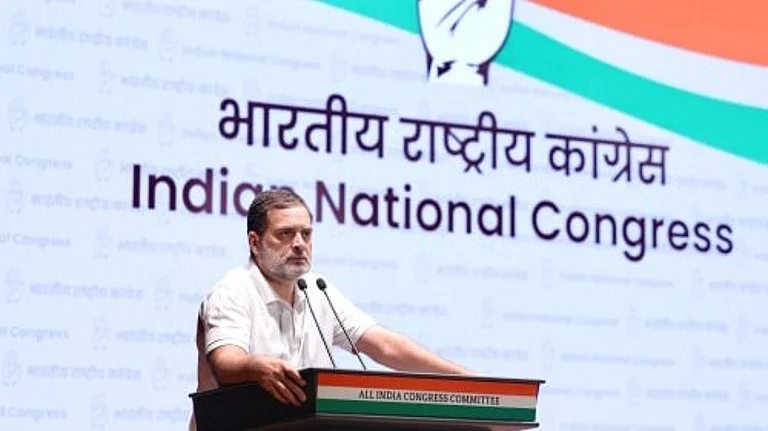Healthcare industry body NATHEALTH has asked the government to increase public spending on healthcare to over 2.5% of GDP with urgent action to tackle non-communicable diseases, including tax deductions of up to ₹10,000 on individuals for preventive health check-ups.
In its pre-Budget recommendations to the government, NATHEALTH said it outlined a roadmap to strengthen healthcare delivery, foster innovation, and expand insurance and preventive coverage.
The recommendations call for a balanced mix of fiscal support, structural reforms, and public-private collaboration to build a robust, future-ready health system, it said in a statement.
In its recommendations, NATHEALTH asked the sector to be declared 'core infrastructure' and create a healthcare infrastructure fund of ₹50,000 crore, saying currently there is limited access to long-term, lower-cost capital for hospitals and diagnostic networks.
New projects have long gestational periods requiring flexible mid-term financing, it added.
The healthcare industry body also noted that India is grappling with an unprecedented rise in non-communicable diseases (NCDs) over and above its existing disease burden.
Chronic diseases now account for nearly 65% of all deaths in India and the urgency to strengthen preventive and primary health systems has never been greater, it added.
Citing that there is a low uptake of preventive screening, NATHEALTH recommended tax deduction for preventive health check-ups of up to ₹10,000.
To tackle India's growing disease burden across communicable and non-communicable categories, NATHEALTH asked the government to "take up healthcare public-spend to over 2.5% of GDP".
According to official data, the government's healthcare spend was 1.9% of the country's GDP in 2023-24.
It also asked the government to set up a national network of accredited reference laboratories (NABL/ISO) with an outlay of ₹1,000 crore.
Among other demands, NATHEALTH also mooted setting up of an innovation fund for deep-tech and provider collaboration with an outlay of ₹5,000 crore to ₹7,000 crore, stating that at present there is a fragmented innovation ecosystem with limited provider-startup collaboration. There is a need for pilots, AI research, and scale-up funding.
Summing up the recommendations, NATHEALTH President Ameera Shah said, "For India to realise its Viksit Bharat 2047 vision, healthcare must be recognised as a strategic pillar of nation-building. Fiscal foresight and innovation-led reforms will be essential to create a self-reliant, high-quality ecosystem that expands access and sustains long-term growth." Shah, who is also the Executive Chairperson, Metropolis Healthcare Ltd, further said, "By placing healthcare investment at the heart of economic planning, India can ensure progress that is both inclusive and future-ready." Similarly, NATHEALTH Senior Vice President, Sangita Reddy said this Budget (2026-27) can be a launchpad to reimagine India's healthcare future at exponential scale.
"It is time to shift from incremental spending to bold, long-horizon investments in infrastructure, talent, and frontier innovation," said Reddy, who is also the Joint Managing Director, Apollo Hospitals.
Asserting that India's healthcare providers have already proven their capability and courage, she said, "Now we need a powerful fiscal and policy architecture that accelerates capacity-building, unlocks next-gen technologies, and ignites deep public-private collaboration." Reddy further said, "If we get this right, India won't just strengthen healthcare, we will build one of the world's most resilient, future-ready health systems."
































